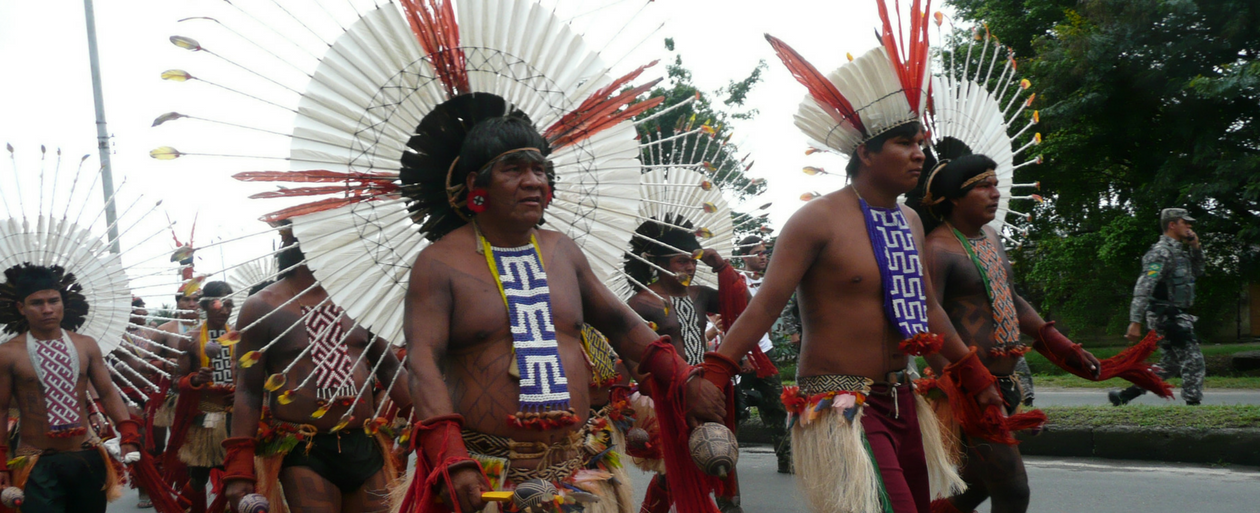
On January 2nd, the Brazilian Government announced the end of its decades-old mega-dam building policy. The move was a major – albeit surprising – win for indigenous and environmental groups across the Amazon Basin, who have been fighting tirelessly against mega-dam construction since the 1960’s.
Global Greengrants Fund and our network of grantees has good reason to celebrate the news: since 1999, $477,653 has been awarded to 99 grassroots groups fighting dam construction in Brazil.
This news from the Brazilian government signals a momentous shift away from the days of rigorous dam construction. Former president Dilma Roussef garnered criticism on an international scale for giving the go-ahead on hydroelectric projects, while intentionally making the environmental and human rights expenses very difficult to evaluate beforehand.
Historically, mega-dam construction in Brazil has caused significant damage to indigenous communities and the environment. Global Greengrants Fund, in partnership with International Rivers, has funded ongoing efforts of indigenous communities to resist the impacts of hydroelectric dams, including the Belo Monte Dam on the Xingu River and the São Luiz do Tapajós mega dam.
One grant helped local group, Movimento de Mulheres Trabalhadoras de Altamira Campo e Cidade, send a caravan of farmers and indigenous people from the Xingu River community to a public government hearing focused on the impacts of the Belo Monte project. Another grant supported two grassroots groups to organize a delegation of media, renewable energy experts, and celebrities in conjunction with RioXingu+23, with the goal of shining a light on Belo Monte and putting unprecedented pressure on the government.
This victory in Brazil would not be possible without the resistance, persistence, and tenacity of indigenous grassroots groups such as the above grantees.
While hydropower construction has reached a stopping point, the Amazon is still in danger of deforestation from major infrastructure projects including highways and mining. A much bigger policy shift needs to occur before the Amazon, and the people and wildlife who call it home, can be deemed safe. Global Greengrants Fund will continue to stand in solidarity with indigenous communities in the Amazon in their struggle for a clean and healthy forest. Today we celebrate, tomorrow we continue the fight.
